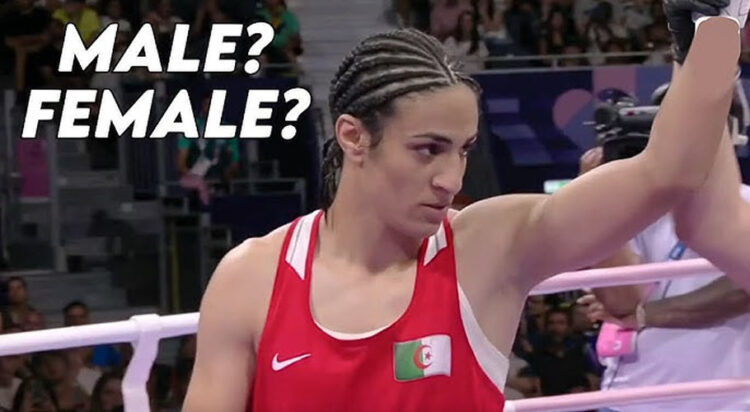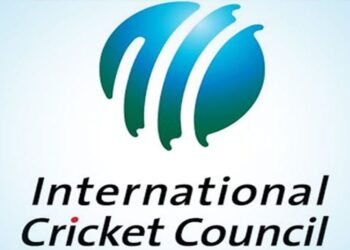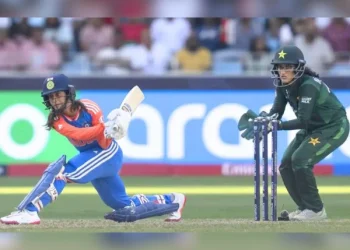Algerian boxer Imane Khelif is at the center of a gender eligibility controversy following a recent win over an Italian fighter at the Paris 2024 Olympics on August 1.
Khelif, a 25-year-old boxer from Tiaret, Algeria, has been in the spotlight for both her athletic achievements and ongoing debates about her gender eligibility. Having competed in the 2020 Tokyo Olympics, Khelif returned to the international stage with significant success, including gold medals in the 2022 African Championships, Mediterranean Games, and 2023 Arab Games. However, the controversy surrounding her gender identity intensified after her disqualification from the 2023 Women’s World Boxing Championships.
The International Boxing Association (IBA) disqualified Khelif from the 2023 championships due to gender eligibility issues. IBA President Umar Kremlev stated that DNA tests revealed some athletes, including Khelif, had XY chromosomes—typically associated with males. The IBA’s statement suggested Khelif and another athlete were disqualified for not meeting the eligibility criteria for female competitors, although specifics about the tests remained confidential. The IBA decision was made after Khelif and Lin Yu-ting of Taiwan failed a separate, undisclosed test, which was not a testosterone examination.
The Algerian Olympic Committee and Khelif herself have disputed these claims, suggesting that the disqualification was part of a broader conspiracy against Algerian athletes. Khelif has publicly denounced the decision as unfair and rooted in bias.
Despite the controversy, Khelif was allowed to compete in the Paris 2024 Olympics, where she defeated Italy’s Angela Carini in a 66-kilogram division match. Carini withdrew from the bout after sustaining a punch, and while she did not comment on Khelif’s eligibility, she expressed frustration over the fight’s outcome.
The International Olympic Committee (IOC) has defended Khelif’s inclusion, emphasizing that all athletes competing in women’s events meet the IOC’s eligibility rules based on their official documentation. The IOC criticized the IBA’s decision as arbitrary and lacking due process.
The debate over Khelif’s participation highlights ongoing tensions in sports regarding gender eligibility and fairness. Italian Prime Minister Giorgia Meloni and other prominent figures have expressed concerns about maintaining fairness in women’s sports, while supporters of Khelif argue that the scrutiny she faces is unjust and discriminatory.


































